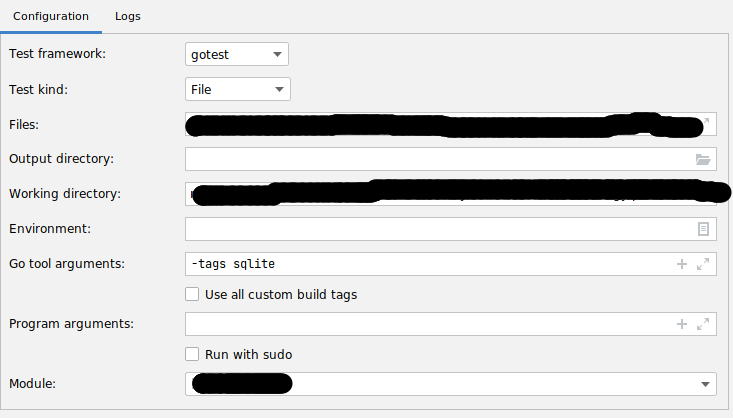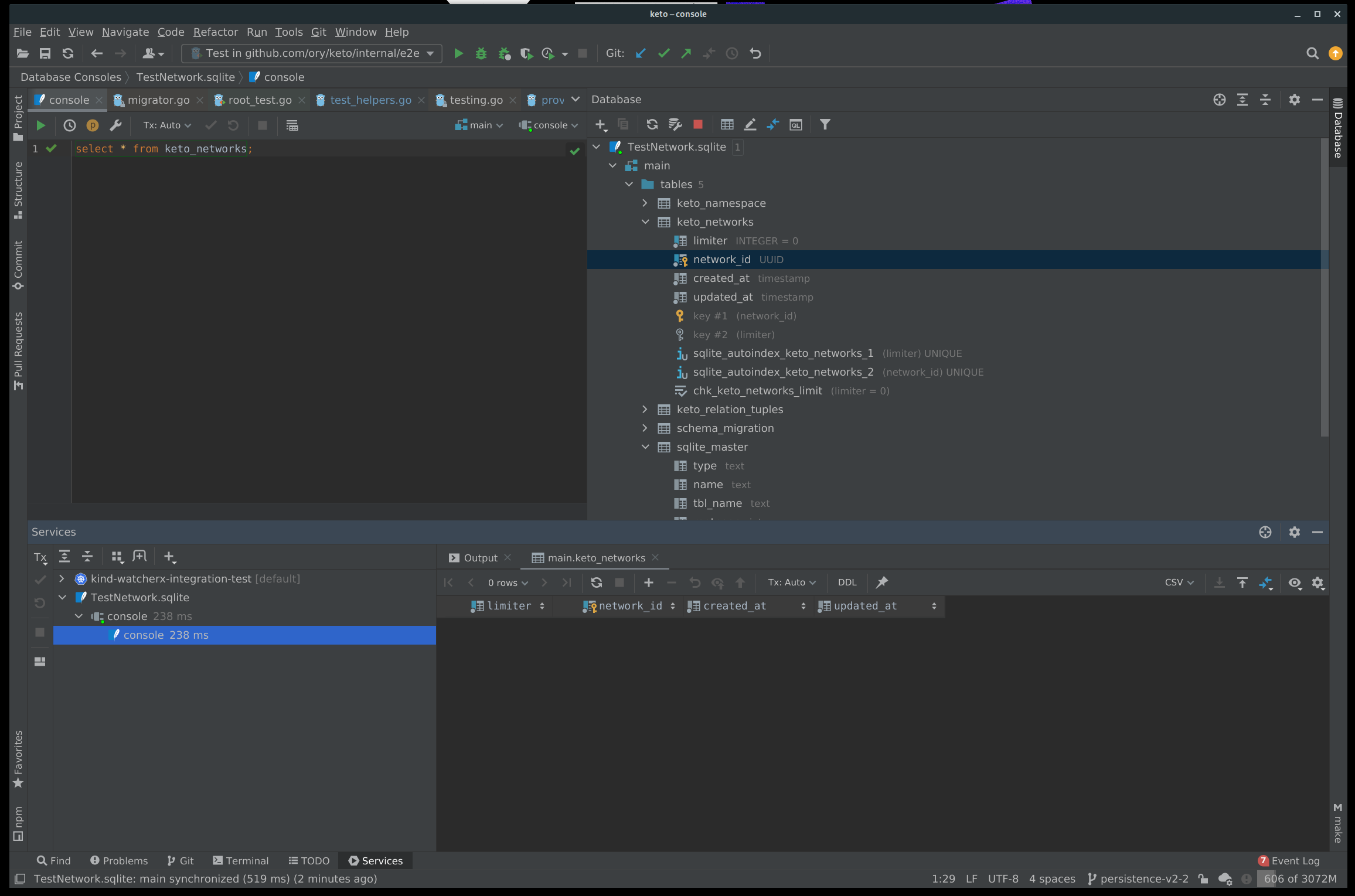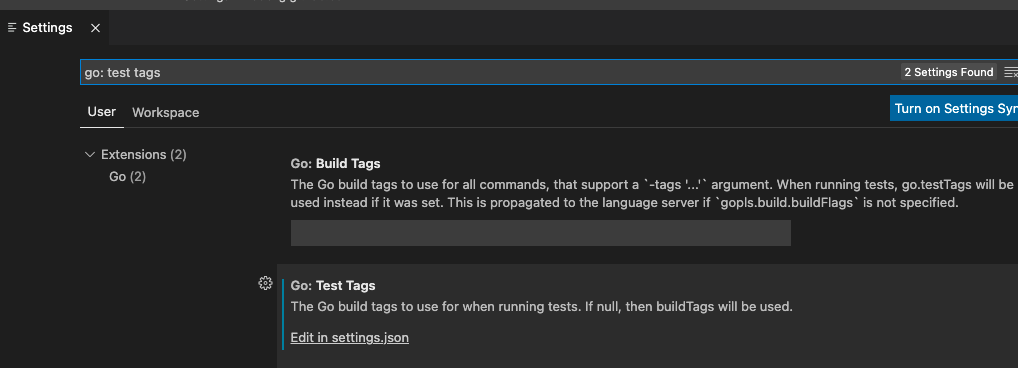Contributing to Ory
tip
For an introduction to contributions please refer to the specific project, for example the Contribution Guidelines for Ory Kratos.
This document is a work in progress and documents the inner workings of the Ory GitHub ecosystem and project structures, as well as providing more in-depth tips & guides to contributors. If you feel there is something missing or should be added, please open an issue in ory/docs or contact us in the Ory Chat. We also offer discussions on GitHub for all major projects: Ory Kratos, Ory Hydra, Ory Keto, Ory Oathkeeper, as well as one for all other Ory projects, events and content: Ory Meta discussions.
Releasing Software
To release a project, run the following bash command in the root of the project you would like to release. The first argument can be one of:
patchbumpsv1.2.3tov1.2.4(does not work for pre-releases such asv1.2.3-beta.1)minorbumpsv1.2.3tov1.3.0(does not work for pre-releases such asv1.2.3-beta.1)majorbumpsv1.2.3tov2.0.0(does not work for pre-releases such asv1.2.3-beta.1)- Any semver-valid version, for example
v1.2.3-beta.1
release_as=v1.2.3
bash <(curl -s https://raw.githubusercontent.com/ory/meta/master/scripts/release.sh) $release_as
Defining Release Config
For the scripts to work, the project must be located in a directory structure
that reflects the GitHub organisation and repository name, for example:
path/to/ory/hydra.
Goreleaser
We use goreleaser.
The listed configuration options should be included in every .goreleaser.yml
config. Make sure you set env vars and go mod download and run e.g. packr2 and
other tools first:
env:
- GO111MODULE=on
before:
hooks:
- go mod download
# - go install github.com/gobuffalo/packr/v2/packr2
# - packr2
Tag -alpha.1 and other pre-release tags as pre-release on GitHub:
release:
prerelease: auto
Name snapshot releases -next:
snapshot:
name_template: '{{ .Tag }}-_next'
If you create a new goreleaser config, you may also want to create the following empty GitHub repositories:
Build and publish on Docker. You need to create a repository on Docker Hub first!
# Build dockerfiles
dockers:
- dockerfile: Dockerfile
binaries:
- $PROJECT_NAME
image_templates:
- 'oryd/$PROJECT_NAME:v{{ .Major }}'
- 'oryd/$PROJECT_NAME:v{{ .Major }}.{{ .Minor }}'
- 'oryd/$PROJECT_NAME:v{{ .Major }}.{{ .Minor }}.{{ .Patch }}'
- 'oryd/$PROJECT_NAME:latest'
If you add Scoop (Homebrew for Windows) you must also create
a GitHub repository under the ory org named scoop-$PROJECT_NAME (e.g.
scoop-hydra).
scoop:
bucket:
owner: ory
name: scoop-$PROJECT_NAME
homepage: https://www.ory.sh
commit_author:
name: aeneasr
email: aeneas@ory.sh
If you add Homebrew you must also create a GitHub repository
under the ory org named homebrew-$PROJECT_NAME (e.g. homebrew-hydra).
brews:
- github:
owner: ory
name: homebrew-$PROJECT_NAME
ids:
- <<REPLACE-WITH-ARCHIVE-ID>>
homepage: https://www.ory.sh
commit_author:
name: aeneasr
email: aeneas@ory.sh
We use the following replacements:
archives:
- replacements:
darwin: macOS
386: 32-bit
amd64: 64-bit
format_overrides:
- goos: windows
format: zip
Update install script
When you have finalized changes to the .goreleaser.yml, run:
$ GO111MODULES=off go get -u github.com/goreleaser/godownloader
$ godownloader .goreleaser.yml --repo=$(basename $(dirname $(pwd)))/$(basename $(pwd)) > ./install.sh
CircleCI
Define CI Environment Variables:
- Make sure you set
GITHUB_TOKENin the project's CI config. - Make sure you set
MAILCHIMP_API_KEYin the project's CI config. - Make sure you set
DOCKER_USERin the project's CI config. - Make sure you set
DOCKER_TOKENin the project's CI config.
In the project's CircleCI config (.circleci/config.yml), use the following
workflow (please use an appropriate $VERSION):
orbs:
goreleaser: ory/goreleaser@0.1.7
slack: circleci/slack@3.4.2
workflows:
my-workflow:
jobs:
- goreleaser/test:
filters:
tags:
only: /.*/
- goreleaser/release:
requires:
- goreleaser/test
filters:
branches:
ignore: /.*/
tags:
only: /.*/
- goreleaser/newsletter-draft:
chimp-list: f605a41b53
chimp-segment: 6478605
requires:
- goreleaser/release
filters:
tags:
only: /.*/
- slack/approval-notification:
message: Pending approval
channel: release-automation
requires:
- goreleaser/newsletter-draft
filters:
tags:
only: /.*/
- newsletter-approval:
type: approval
requires:
- goreleaser/newsletter-draft
filters:
tags:
only: /.*/
- goreleaser/newsletter-send:
chimp-list: f605a41b53
requires:
- newsletter-approval
filters:
tags:
only: /.*/
CI
We use our own CircleCI Orbs:
ory/nancy
Enables nancy vulnerability scanning for the repository.
orbs:
nancy: ory/nancy@0.0.9
workflows:
test:
jobs:
- nancy/test:
filters:
tags:
only: /.*/
Toolchain
Checking for vulnerabilities
NodeJS
This is done automatically by GitHub
Go
# Outside of a go module-enabled project:
$ go get -u github.com/sonatype-nexus-community/nancy
# Inside your go module-enabled project:
$ go mod list -m all | nancy
Pinning indirect go module dependencies.
Sometimes a project has an indirect dependency (another dependency requires that
dependency) which does not pass, for example, nancy vulnerability scanning.
Because it's not possible to pin this dependency to a specific version, we need
to explicitly require it. But because it's not directly required by our code, it
will be pruned when using go mod tidy. To prevent that, create a file which
imports the dependency without use:
// +build go_mod_indirect_pins
package main
import _ "github.com/my/dependency"
You would do the same if the project uses dev tools such as packr2,
goimports, goreturns, swagutil, ... as part of e.g. the Makefile or other
scripts.
Development
DBAL gobuffalo/pop
Table Names
Please define custom table names for all table structs. Keep in mind that
TableName() must be a value receiver, not a pointer receiver, for slices
[]Model to work properly:
-func (m *Model) TableName(ctx context.Context) string {
+func (m Model) TableName(ctx context.Context) string {
return "foo"
}
SQL Migrations
Ory uses a lightweight DBAL across all projects that require a database. This
DBAL is typically stored in the persistence/ directory. Since we only support
SQL at the moment - there are no plans to add new databases and contributions
will not be accepted due to maintenance effort - you will find the
implementation in persistence/sql.
info
This section currently only applies to Ory Kratos and Ory Keto. Ory Hydra is currently using an approach that does not rely on fizz migrations. Please discuss with maintainers before making changes to Ory Hydra SQL schemata.
In order to provide a process to upgrade SQL schemata, we use migrations. These migrations are generated using the fizz language and then rendered to SQL using the Ory CLI.
This is necessary because there are differences between the SQL "dialects" of
SQLite (does not support certain ALTER TABLE statements for example),
PostgreSQL, MySQL, and CockroachDB.
To change the schema, create a new fizz template using:
# In the project root - e.g. /kratos
$ make .bin/ory
# If make .bin/ory fails use:
# $ make .bin/cli
#
# and replace `.bin/ory` with `.bin/cli`.
# We are working on streamlining this
# across all repos.
$ .bin/ory dev pop migration create persistence/sql/migrations/templates descriptive_change
This will create two new files:
$ ls -la persistence/sql/migrations/templates | tail -n 2
-rw-r--r-- 1 foobar staff 0 Apr 28 17:25 20210428172500_descriptive_change.down.fizz
-rw-r--r-- 1 foobar staff 0 Apr 28 17:25 20210428172500_descriptive_change.up.fizz
Add you fizz migrations there. The up file is for applying your schema
changes, the down file for reverting them.
Once your migrations are added, it is time to render them to SQL. Make sure that Docker is running and execute:
$ .bin/ory dev pop migration render persistence/sql/migrations/templates persistence/sql/migrations/sql
If you encounter errors you can also try running this with the --replace
option but please let maintainers know that you used --replace in your PR:
$ .bin/ory dev pop migration render --replace persistence/sql/migrations/templates persistence/sql/migrations/sql
This will render your migrations to SQL files. Add them to git (git add -A)
and commit them.
Next, you need to update the migration tests. To do so, run the sync command:
$ .bin/ory dev pop migration sync persistence/sql/migrations/templates persistence/sql/migratest/testdata
This will add create a new SQL file:
$ ls -la persistence/sql/migratest/testdata | tail -n 1
-rw-r--r-- 1 foobar staff 0 Apr 28 17:28 20210428172500_testdata.sql
Add an INSERT or UPDATE or DELETE statement that reflects the changes you
have made to the schema to the file. Let's say you added a new column
new_column to table bar. In that case, write an INSERT statement that
reflects this:
INSERT INTO bar (old_column, new_column) VALUES ('foo', 'bar');
Next, execute the tests:
$ cd persistence/sql/migratest
$ go test -tags sqlite ./...
The tests will probably fail because the fixtures need to be updated. To update them, run:
$ cd persistence/sql/migratest
$ go test -tags sqlite,refresh -short .
You might need to run the go test command two or three times before all
fixtures have been updated.
That's it! :)
OpenAPI Spec and Go Swagger
We use go-swagger to generate OpenAPI Spec from source code. Here you can find conventions we use across the code base.
Models
Models should have a descriptive title, a body, and be camelCase. It is good practice to scope the model where needed.
package some
// Title
//
// A description with a trailing dot.
//
// swagger:model someSpecificModel
type SpecificModel struct {}
Routes
Routes should use tags for versioning. If a route is accessible through a
privileged port (e.g. admin) it should be prefixed with admin.
// swagger:route POST /identities v0alpha1 adminCreateIdentity
Public endpoints do not need a prefix.
// swagger:route POST /something-public v0alpha1 somethingPublic
Parameters
Parameters for routes should have the same name as the route. If they have a
body, you must not use an embedded struct and the struct's model name should be
suffixed Body:
// swagger:parameters adminCreateIdentity
// nolint:deadcode,unused
type adminCreateIdentity struct {
// in: body
Body adminCreateIdentityBody
}
// swagger:model adminCreateIdentityBody
type adminCreateIdentityBody struct {
// SchemaID is the ID of the JSON Schema to be used for validating the identity's traits.
//
// required: true
SchemaID string `json:"schema_id"`
// Traits represent an identity's traits. The identity is able to create, modify, and delete traits
// in a self-service manner. The input will always be validated against the JSON Schema defined
// in `schema_url`.
//
// required: true
Traits json.RawMessage `json:"traits"`
}
// swagger:route POST /identities v0alpha1 adminCreateIdentity
Responses
Where possible use models for responses.
// A list of identities.
// swagger:model identityList
// nolint:deadcode,unused
type identityList []Identity
// swagger:route GET /identities v0alpha0 adminListIdentities
//
// List Identities
//
// Lists all identities. Does not support search at the moment.
//
// Learn how identities work in [Ory Kratos' User And Identity Schema Documentation](https://www.ory.sh/docs/next/kratos/concepts/identity-user-model).
//
// Produces:
// - application/json
//
// Schemes: http, https
//
// Responses:
// 200: identityList
// 500: jsonError
IDE Tips
Goland
Tests
While running tests inside the IDE make sure you have the tag -tags sqlite in
the "Go Tool Arguments". In the example screenshot we are looking at
login_test.go and add it to the Run/Debug Configurations.

Jetbrains
Debugging Tests
Jetbrains IDEs have an SQL debugger, that can open sqlite files. When debugging tests, you can set a bool flag to use an sqlite file instead of in-mem and then debug after the test failed. Example:
func GetSqlite(t testing.TB, mode sqliteMode) *DsnT {
dsn := &DsnT{
MigrateUp: true,
MigrateDown: false,
}
switch mode {
case SQLiteMemory:
dsn.Name = "memory"
dsn.Conn = fmt.Sprintf("sqlite://file:%s?_fk=true&cache=shared&mode=memory", t.Name())
case SQLiteFile:
t.Cleanup(func() {
_ = os.Remove("TestDB.sqlite")
})
fallthrough
case SQLiteDebug:
dsn.Name = "sqlite"
dsn.Conn = "sqlite://file:TestDB.sqlite?_fk=true"
}
return dsn
}

To transfer the above to Kratos:
- Change the DSN to the following:
dsn.Conn = "sqlite://file:TestDB.sqlite?_fk=true". mode=memor.- In case you have an sqlite file, migrators are not automatically applied. Run them manually first with the CLI.
VS Code
Tests
- Under Settings, search for
Go: Test Tags. - Click Edit in
settings.json.
- Add the following KV to the
settings.json:"go.testTags": "sqlite",.